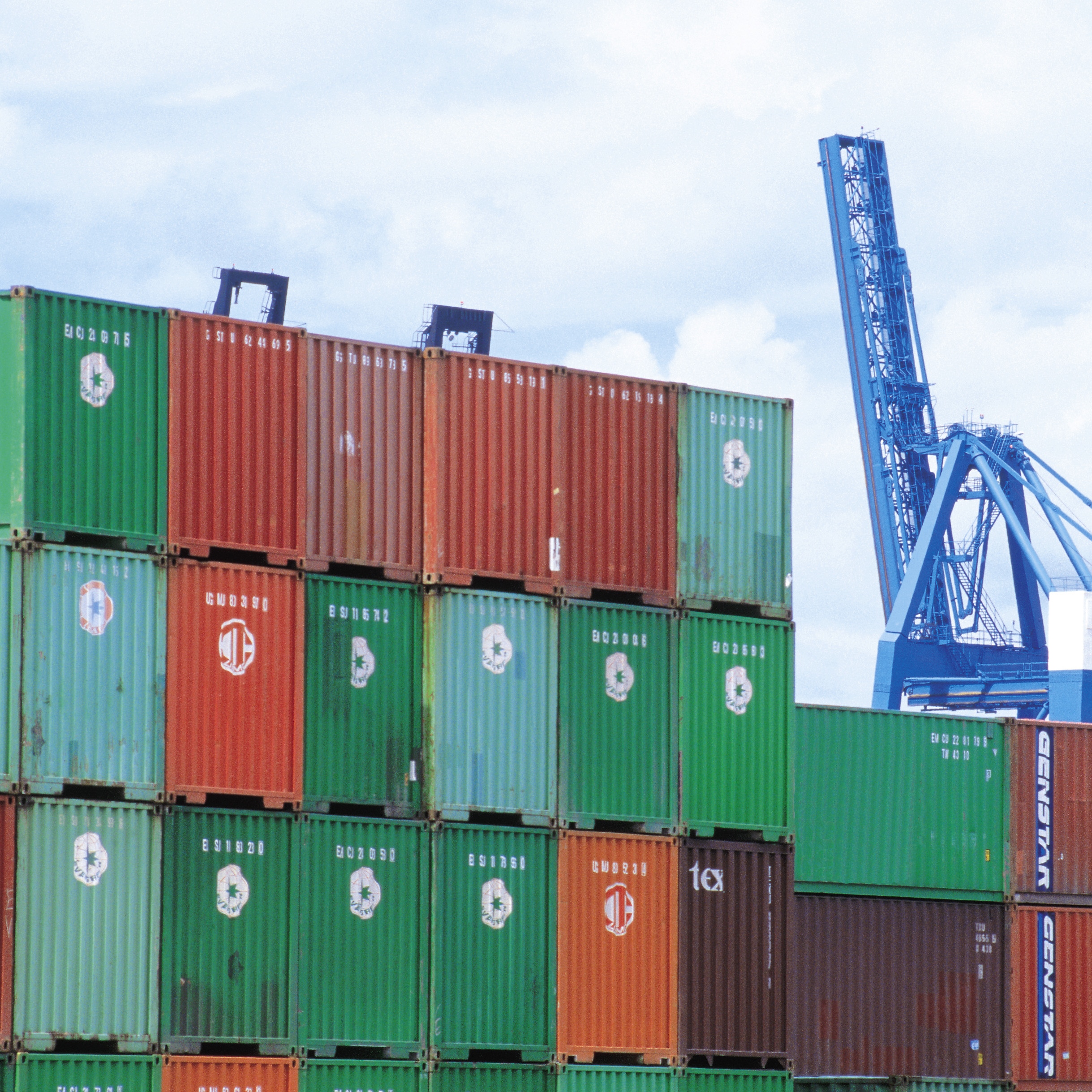
The international trade deficit did not come in anywhere as high as expected in March, implying that perhaps that pesky dollar strength’s trend abatement might be in the works is showing up in the numbers already. In fact, the trade deficit was down by some 9.5% to $56.9 billion. February’s reading was a deficit of $62.9 billion, and the consensus estimate from Bloomberg was a $62.6 billion deficit for the month of March.
Exports were down by 1.7% to $116.7 billion. Consumer goods showed a rather sharp drop, and there were low readings in autos, industrial supplies and food-related products. Exports of capital goods did manage to rise by 1.5%.
Declining domestic demand was down about 9% in consumer goods, and domestic capital goods were down by about 3.6%.
What is interesting here is that the difference may be enough to tweak gross domestic product (GDP) revisions marginally higher. As a reminder, the trade deficit acts a drag on GDP, so a lower deficit (less negative) acts as a plus on the domestic front.
Another issue that stands out about the $56.9 billion deficit is not just that was lower than the $62.6 billion consensus, nor just that it was lower than the $62.9 billion from February. It really stands out that this was under the range of all economists.
This all sounds good on the surface, but it may be another generation or two before we ever get a trade surplus again. Stay tuned.
Essential Tips for Investing: Sponsored
A financial advisor can help you understand the advantages and disadvantages of investment properties. Finding a qualified financial advisor doesn’t have to be hard. SmartAsset’s free tool matches you with up to three financial advisors who serve your area, and you can interview your advisor matches at no cost to decide which one is right for you. If you’re ready to find an advisor who can help you achieve your financial goals, get started now.
Investing in real estate can diversify your portfolio. But expanding your horizons may add additional costs. If you’re an investor looking to minimize expenses, consider checking out online brokerages. They often offer low investment fees, helping you maximize your profit.
Thank you for reading! Have some feedback for us?
Contact the 24/7 Wall St. editorial team.



